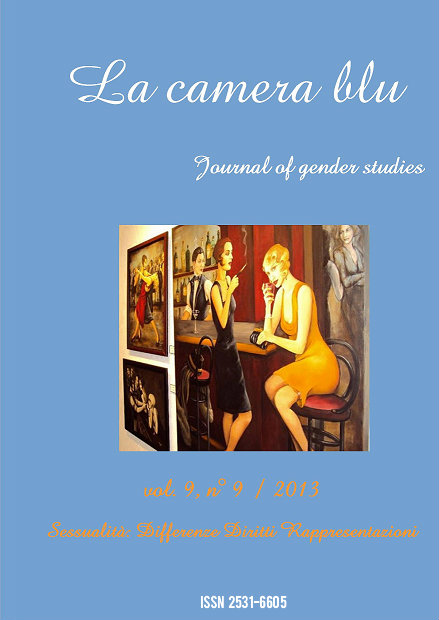"The Taming of the Shrew": authority and love at the origin of the modern nuclear family
DOI:
https://doi.org/10.6092/1827-9198/2013Keywords:
Feminicide, Shakespeare, Taming of the Shrew, Rights of the husbandAbstract
The lesson on William Shakespeare’s The Taming of the Shrew was written on occasion of the day against the astonishing number of women murdered by men especially men who pretended to love them. This phenomenon is not to be associated to a sort of archaic culture, but, on the contrary, it is related to modernity. In fact, violence and conflicts in a heterosexual couple come explicitly to the fore with and after the institution of the patriarchal nuclear family which at the origins of modernity posits love as the motivation of marriage and the formation of a family. Shakespeare and the Elizabethan theatre face the question both in tragedies and in comedies as in the case of The Taming of the Shrew where the shrew’s final monologue problematically sounds as the manifesto of the acknowledgment of the inferiority of women and so of the husband’s right to the woman’s subjection to her husband.
Downloads
Downloads
Published
How to Cite
Issue
Section
License
La camera blu is an open access, online publication, with licence CCPL Creative Commons Attribution 3.0 Unported


